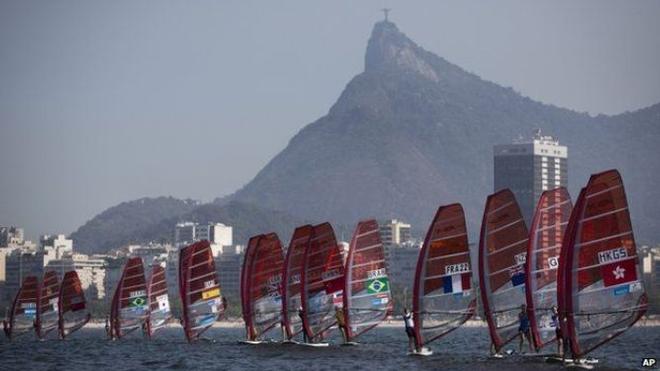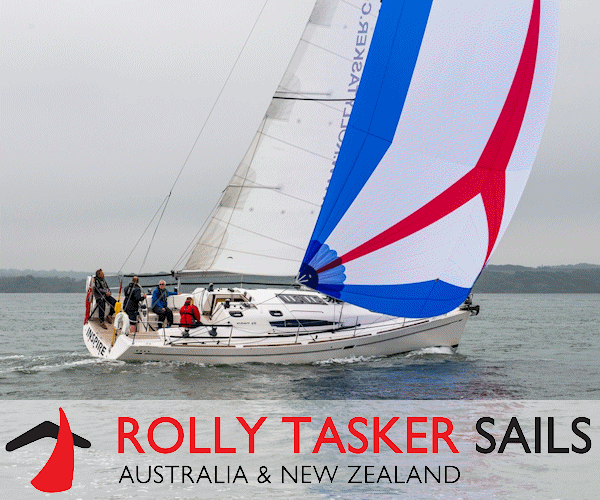The Snail, Technology and Duty of Care
by Rob Kothe on 9 Aug 2015

The world-famous Christ the Redeemer statue can be seen from the five sailing courses - Rio 2016 Olympic Games BBC News
Back in 1928 in Scotland, Mrs May Donoghue drank a bottle of Ginger Beer in a green bottle manufactured by Mr David Stevenson.
Having drunk some of the contents of the bottle, she claimed that the remnants of a decomposing snail were found in her glass. Donoghue then contracted gastroenteritis and sued Stevenson for the serious sum then of 500 British Pounds.
In a landmark 1932 case, the judge, Lord Aitken, defined the 'neighbor' principle. Lord Aitken stated that a 'neighbor was anyone who is so closely and directly affected by my act, or failure to act, that I ought reasonably to have them in my contemplation'. As a result of this case, the legal principle of Duty of Care was formed.
So manufacturers of products bear responsibility for any damage that their products cause, even if the sufferer did not buy the product themselves (e.g. it might have been a present). Furthermore this principle extends not only to manufactured products but also services.
What all of us now have to take from this case is that as we go about our work, our leisure and our life in general, we must think about the safety of people around us (our neighbors).
That means that sport and recreation organizations providing services as they do must ensure that such services are safe for all the participants.
If Sporting bodies don't do the right thing, then they will be accused of exhibiting conduct that is below the level deemed to appropriate for responsible members of the community.
In other words they will be considered irresponsible, and if someone gets hurt/sick as a result, then they will have an undeniable legal responsibility.
As a result, sporting organizations such a Sailing peak bodies have made sure that Sailing Clubs and their race officials are well educated on this Duty of Care principle.
Technology makes it ever harder, because event organizers have access to ever improving information which means they can now make decisions which will reduce risks for participants.
In the Volvo Ocean Race 2001-2002, as the fleet approached Cape Horn, they were deep in the southern ocean and they played dodgem cars with icebergs and the growler fragments they shed.
The now CEO of the Volvo Ocean Race Knut Frostad was skippering one of those Volvo 60 boats Djuice and as he said in a recent interview with Sail-World, there was simply no way the race organisers could have known they were there.
But now things are different. Technology changes meant that the Volvo Ocean race, because it has access to satellite images of iceberg locations in the 2014-2015 race, moved the no go zones further north to reduce the risk for the fleet.
Why? Those same Duty of Care legal precedents
These day’s Race Officers can monitor approaching weather fronts on radar via the internet and are expected to bring dinghies off the water, before heavy winds or lightning puts participants at risk.
Duty of Care again.
For decades thousands of beaches world-wide have been closed because authorities knew of high faecal bacterial counts.
Now viral monitoring technology has become affordable and fast and presented with some shocking figures on viral contamination in Rio de Janerio now the World Health Organization has blinked and asked the IOC for human enteric viral counts for the Triathlon, Rowing and Swimming venues.
If these levels prove to be high and remain high, it will be a brave sport that does not tell IOC that it must relocate the events.
Why? These same long established Duty of Care legal precedents
Statements like ‘we have spent too much money establishing this venue, to move it now- and everyone has been spending a lot of money training here, so we can't move courses’ will only raise the bar in damage suits.
We know that the Triathlon, Rowing and Sailing peak bodies are all hoping that the Brazilian government realizes that the risk to tourism of the world discovering that their iconic waters are a health risk will force rapid action so that the legacy of the 2016 Olympics will be cleaner waters.
So time will tell if the Scottish snail will force action ahead of Rio 2016.
If you want to link to this article then please use this URL: www.sail-world.com/137299

